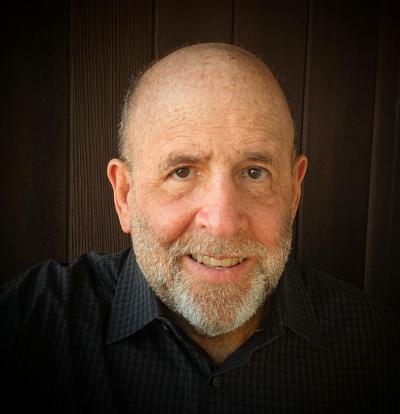
By Andrew Malekoff
Christmas and Chanukah are celebrated about the same time each year. Christians celebrate the birth of Jesus on Dec. 25 and Jews mark the rededication of the Holy Temple in Jerusalem in an eight-day celebration that adheres to the Jewish calendar.
To add to the season’s festivities, in 1966 Kwanzaa was created as a weeklong holiday between Dec. 26 and Jan. 1 to honor African culture and traditions.
And let us not forget the 1997 Seinfeld-inspired Festivus (for the rest of us), a day that is celebrated on Dec. 23 as a secular alternative to holiday consumerism.
My apologies if I left out a December holiday celebration that is dear to you.
For the most part, people of different faiths and cultures celebrate these holidays with mutual respect. However, not all holidays that land closely together on the calendar reflect that reality.
Case in point: King-Lee Day.
I was not aware that Alabama and Mississippi mark King-Lee Day as a state holiday, to concurrently honor Rev. Martin Luther King Jr., who sacrificed his life to advance racial justice, and Confederate General Robert E. Lee, who fought in the Civil War to preserve slavery.
What?!?
Yes, that’s right! The two Southern state legislatures, in their infinite wisdom, thought it was a good idea to pair the two. I’m sure it was the last thing that Stevie Wonder and Paul McCartney had in mind when they first performed their duet “Ebony and Ivory” in 1982.
Odd juxtapositions of calendar days are not unprecedented. For example, Hitler’s birthday and National Stoner Day both fall on April 20.
Here’s a thought experiment: Imagine if in the month of November, Thanksgiving (Nov. 24) was paired with the anniversary of Kristallnacht – The Night of Broken Glass (Nov. 9-10), when in 1938 the Nazis launched pogroms against the Jewish population in Germany, destroying Jewish homes, synagogues and businesses, murdering Jews and transporting more 30,000 Jewish men to concentration camps.
As a Jew, or any right-thinking person for that matter, I believe that my head would explode if such a pairing occurred. Which, I imagine, would be the case for many Black Americans (and other people of goodwill) living in these United States where King-Lee Day appears on the calendar in a country that is currently very clearly resistant to racial healing.
“For many Black Southerners, this double holiday is part of a broader effort to glorify the Confederacy, 158 years after its secessionist war effort went down in defeat,” writes Meena Venkataramanam for the Washington Post.
She cites Lewis Baldwin, professor emeritus of religious studies at Vanderbilt University, who explains that the coupling of the King-Lee days “speaks to an ambivalent South, a South that says one thing and actually practices another.”
The ambivalence of which Baldwin speaks, animated by white grievance, can no longer be addressed in the classroom in a growing number of states. Why not? Because there are elected government leaders, such as Florida Gov. Ron DeSantis and Texas Gov. Greg Abbott, who believe that studying Black history might upset the sensibilities of some white children. Consequently, they are deciding and legislating whose stories get told and whose don’t.
In their “war against woke,” the Florida state legislature approved a bill in 2022 (The STOP Woke Act) that limits how teachers can address race and racism. The new law states: “A person should not be instructed that he or she feel must feel guilt, anguish, or other forms of psychological distress for actions in which he or she played no part.” Accordingly, efforts in a number of states are ongoing to amputate the present from the past and erase multiculturalism from school curricula.
The so-called “anti-woke bills” would be better named “anti-empathy” and “anti-democracy” bills. The censors politicize and demonize the concept of “woke,” when what it means is being empathetic, tolerant, open to learning and willing to listen, all virtues one would think a parent would wish for their children to acquire. But their real aim is to deny the emergent reality of a multicultural democracy, as America continues to become increasingly diverse.
The legacies of Rev. Martin Luther King Jr. and General Robert E. Lee could be discussed together in the classroom in an enriching way, along with the history of slavery in America, the civil War, reconstruction, Jim Crow laws, and the civil rights movement.
However, should Americans officially celebrate the two together? I don’t think so.
That gives mixing oil and water a bad name.






